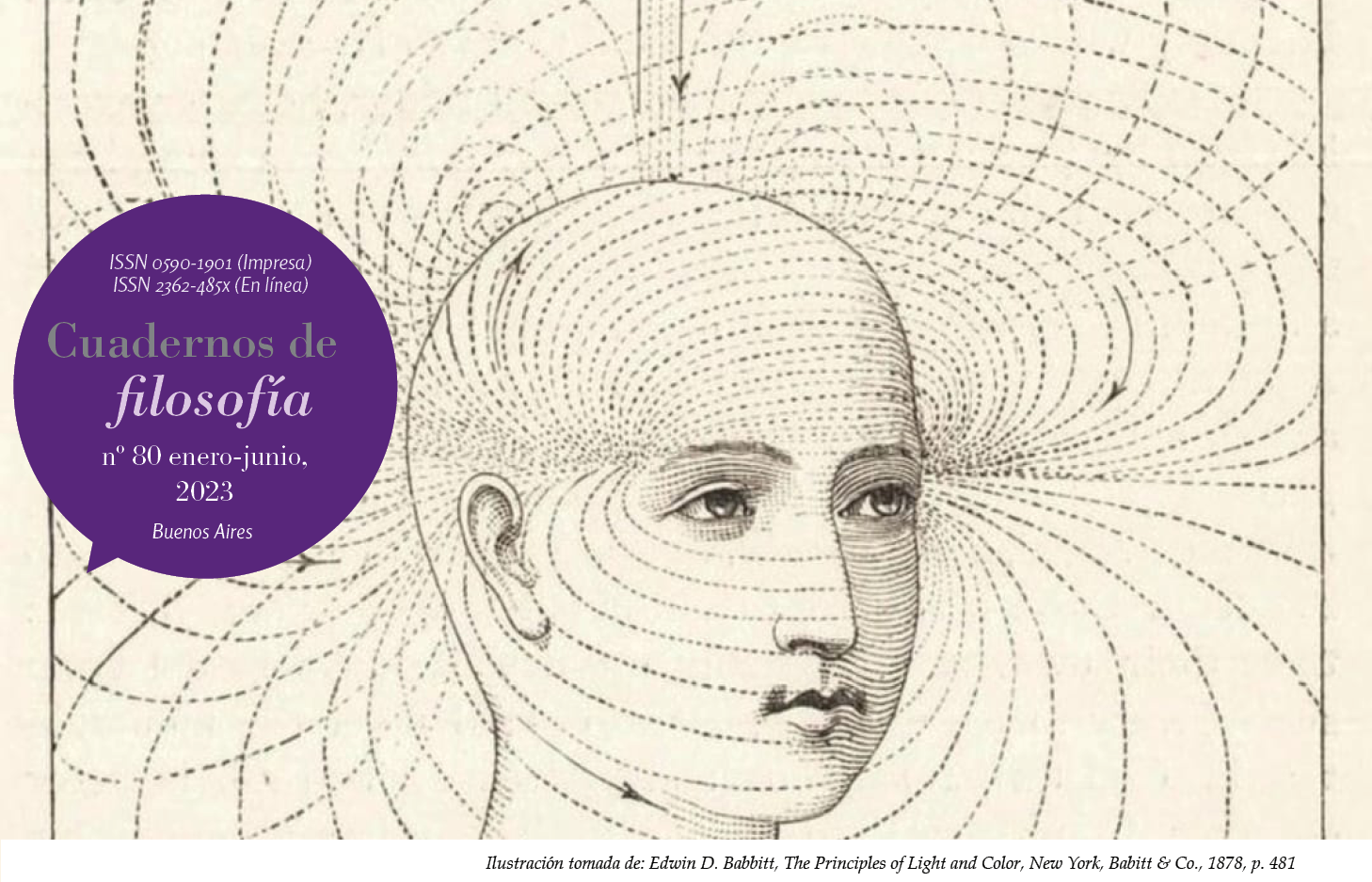Lo What Shame Can Do
The Testimonies of Sexual Violence from Argentine
Abstract
Within the context of debates on how to take testimonies of crimes against humanity from the Argentine state terrorism, which strain conventional models of analysis and demand attentive and respectful responses, this paper explores the role of shame, an affect/emotion focused on particular presence in reports of sexual violence in concentration camps. On one hand, this shame has hindered or delayed the possibility of denouncing such crimes and/or redefining their meaning; on the other hand, its exposure in public instances of narrating violations or abuses articulates a victim's agency that destabilizes gender norms at the boundaries of what can be said/heard. Asking what shame can do as a route to explore seeks to recognize modes of agency of the survivor witnesses, which significantly contribute to the political construction of memories and the feminist archives of gender-based violence. Considering the resistance to these testimonies and analyzing the role of shame in them from the interpretative keys of the "affective turn," this paper examines the interplay between the dynamic mechanisms legitimizing gender oppression and the contingent logic of affect attribution. This opens up possibilities for reconfiguring what deserves to be remembered and constitutes a legacy.Downloads
Los autores/as que publiquen en esta revista aceptan las siguientes condiciones:
Los/as autores/as [traductores/as] conservan los derechos de autor/a y ceden a la revista el derecho de la primera publicación, con el trabajo registrado con Licencia Creative Commons Atribución-NoComercial-CompartirIgual 4.0 Internacional, que permite a terceros utilizar lo publicado siempre que mencionen la autoría del trabajo y a la primera publicación en esta revista.
Los/as autores/as pueden realizar otros acuerdos contractuales independientes y adicionales para la distribución no exclusiva de la versión del artículo publicado en esta revista (p. ej., incluirlo en un repositorio institucional o publicarlo en un libro) siempre que indiquen claramente que el trabajo se publicó por primera vez en esta revista.
Se permite y recomienda a los/as autores/as a publicar su trabajo en Internet (por ejemplo en páginas institucionales o personales).
Políticas de detección de plagio
La colaboración de los y las editores/as, autores/as y evaluadores/as de esta revista y la guía de ética de los procesos editoriales se rige por los Principios de transparencia y buena práctica en publicaciones académicas del Committee on Publication Ethics (COPE) disponible aquí.
Todos los artículos enviados a esta publicación serán supervisados mediante una búsqueda online.







